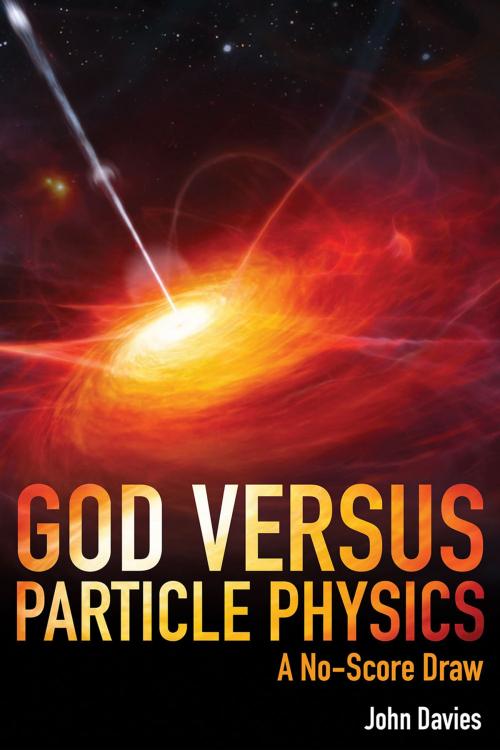God versus Particle Physics
A No-Score Draw
Nonfiction, Science & Nature, Science, Physics, General Physics, Other Sciences, Philosophy & Social Aspects| Author: | John Davies | ISBN: | 9781845405595 |
| Publisher: | Andrews UK | Publication: | September 4, 2013 |
| Imprint: | Imprint Academic | Language: | English |
| Author: | John Davies |
| ISBN: | 9781845405595 |
| Publisher: | Andrews UK |
| Publication: | September 4, 2013 |
| Imprint: | Imprint Academic |
| Language: | English |
The book presents the conclusions of a psychologist seeking to make sense of contemporary particle physics as described in a number of popular science texts and media articles, written by physicists, seeking to explain the workings of the sub-atomic world. The accounts, it is argued, are a) mutually exclusive and contradictory, and b) metaphysical or magical in essence.Themes of the book include: a discussion of the way we allow physicists to invent things that have no perceivable qualities, on the grounds that they 'must' be there because otherwise their preconceptions are wrong or their sums don't work; that, from a psychological perspective, contemporary theory in particle physics has the same properties as any other act of faith, and the same limitations as belief in God; and that physics has now reached a point at which increasingly physicists research their own psychological constructions rather than anything which is unambiguously 'there' or real.It encourages people to ask basic questions of the type we often use to question the existence of God; such as 'Where is he/it?', 'Show me?', 'Do it then', 'When did it happen?', 'How do you know it exists?', and so on, and suggests that people take a leaf out of Dawkins' text, The God Delusion, but apply it to high-end physics as much as to religious dogma: turning water into wine is a mere conjuring trick compared to producing an entire universe out of nothing.
The book presents the conclusions of a psychologist seeking to make sense of contemporary particle physics as described in a number of popular science texts and media articles, written by physicists, seeking to explain the workings of the sub-atomic world. The accounts, it is argued, are a) mutually exclusive and contradictory, and b) metaphysical or magical in essence.Themes of the book include: a discussion of the way we allow physicists to invent things that have no perceivable qualities, on the grounds that they 'must' be there because otherwise their preconceptions are wrong or their sums don't work; that, from a psychological perspective, contemporary theory in particle physics has the same properties as any other act of faith, and the same limitations as belief in God; and that physics has now reached a point at which increasingly physicists research their own psychological constructions rather than anything which is unambiguously 'there' or real.It encourages people to ask basic questions of the type we often use to question the existence of God; such as 'Where is he/it?', 'Show me?', 'Do it then', 'When did it happen?', 'How do you know it exists?', and so on, and suggests that people take a leaf out of Dawkins' text, The God Delusion, but apply it to high-end physics as much as to religious dogma: turning water into wine is a mere conjuring trick compared to producing an entire universe out of nothing.















